Getting Reacquainted with Money
Have you ever thought about your relationship with money? We all have a relationship with money. Some people have a healthy financial relationship with good boundaries, while others are constantly worried. Perhaps we grew up in a home where money and material objects were used as an expression of love. As adults, we may truly believe money buys happiness and never feel satisfied even though we have a lot of things. If we grew up in an environment where money was talked about negatively, we may notice that our view of money is fear based and we may constantly avoid looking at our financial situation.
Thoughts like, “when I get paid I can finally...” or “one day, when I have enough money I will...” keep us in a state of scarcity. On the flip side, we may save cash and never want to spend a dime. This isn’t healthy either. Thoughts like these make us feel stuck and helpless. Money has energy just like everything else in the universe and our thoughts are incredibly powerful. The practice — to consider what your relationship is with money. Notice your thoughts around money, especially a week before payday and on payday. What’s the difference? How do you feel emotionally and in your body when you spend money? Is there an adrenaline rush followed by immediate guilt or shame? Start by bringing awareness to this area of your life with gentleness and grace.
This time of year is stressful. After the holidays, many people are burdened with debt after spending too much the month before. Instead of ignoring these feelings, it is important to tune in and listen to what’s happening. Making a shift from financial stress to financial abundance begins with our mind. As I mentioned, our thoughts are powerful. Have you ever heard the saying, “thoughts become things”?
Take some time to contemplate what you tell yourself about money. Consider these beliefs and notice where they originate. Often, we have stories unconsciously playing in our head. These stories may have started in childhood as we adopted our caregiver’s outlook on finances. Once you’ve identified the thoughts, ask yourself, “Is this thought helping to create abundance in my life?” I find it helpful to write the thoughts out on paper and then create a new, positive thought to cultivate abundance. An example would be: Thought - “I am always broke.” New thought - “Financial abundance flows to me easily.”
Changing the patterns in our mind takes awareness, discipline and practice AND it’s worth it! Lastly, remember to practice gratitude. Being grateful for what we have creates positive energy. And positive energy attracts MORE positive energy. Additionally, there are other helpful tools to help make a financial shift. These seven tools include:
Meeting with a financial advisory
Creating financial goals
Having a budget (there are lots of Apps) Also, if we budget paycheck to paycheck, we will continue to live paycheck to paycheck.
Making a vision board
Meeting with a therapist to heal your relationship with money
Opening a savings account and paying yourself first
Intentionally meditating daily on having financial abundance
Again, remember to be gentle with yourself as you start to make this shift. Mindfulness is key and abundance starts with our thoughts. This shift does not happen overnight, so be patient with yourself as you start to build a healthy relationship with money.

